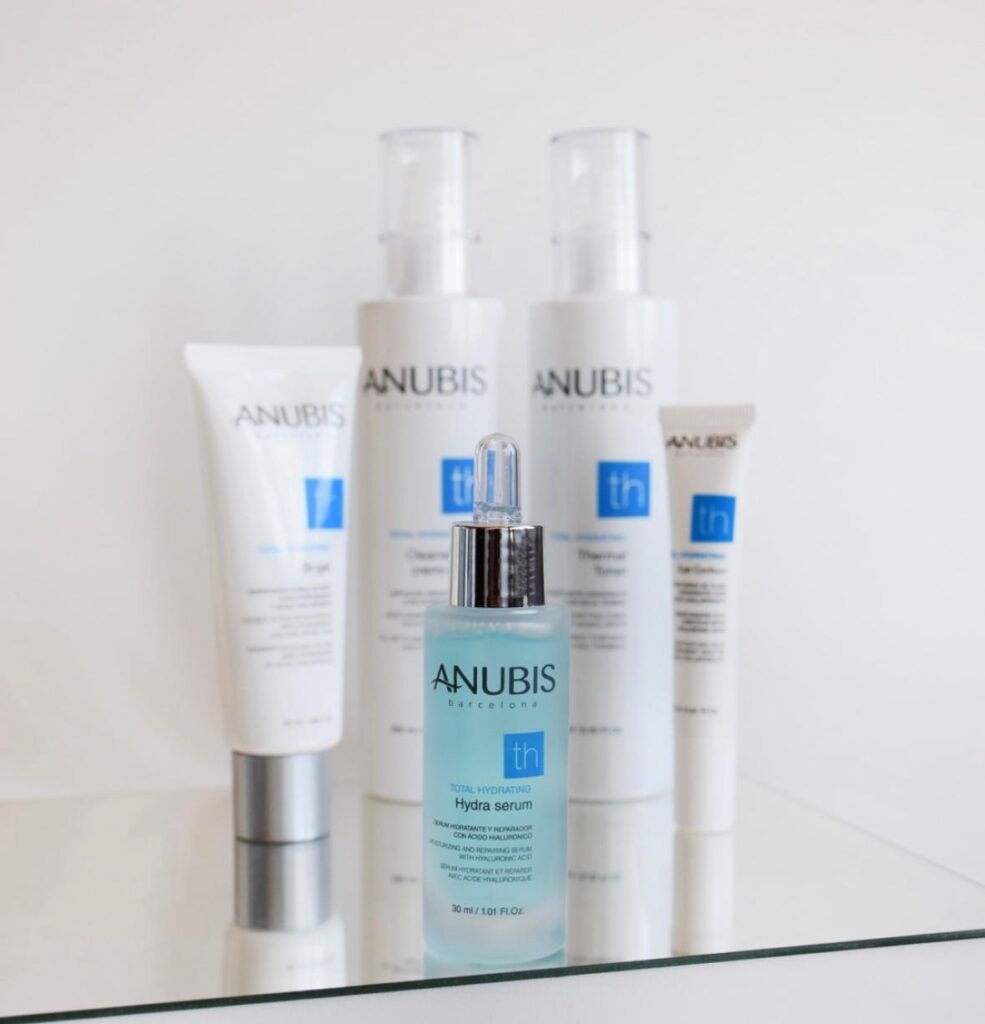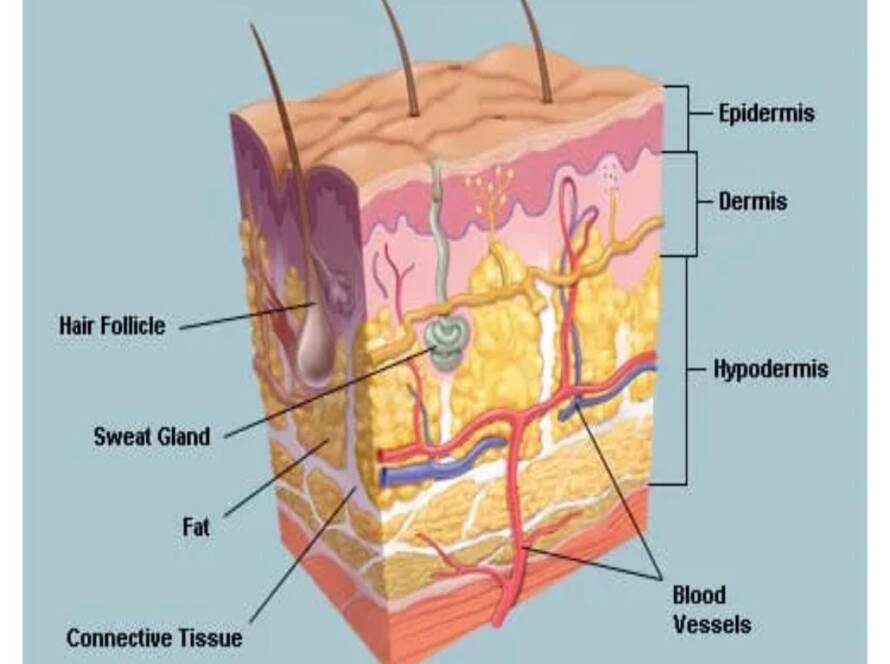A lack of moisture in the skin can result in a flaky and rough appearance. This type of skin tends to produce less oil and lacks vitality. Its also exposed to dryness and is vulnerable to weather changes.
How to identify Dry skin?
- Flaky and rough skin
- Uneven texture
- Itching
- Skin feels tight
- More visible lines
- Less elasticity in skin
What causes Dry skin?
- Genetics
If most members of your family have dry skin, you are likely to have it too.
- Season
Dry skin is more common in dry climates and in the winter season due to lack of humidity.
- Long showers
If you spend long hours in a hot shower, it can rip your skin of its necessary oils. This contributes to dry skin.
- Age
As you grow older, sebum production in your skin reduces. This can result in flaky skin.
Tips for dry skin
- Moisturize your skin regularly right after bathing to keep it soft and hydrated
- Don’t spend too much time in a hot shower. Take shorter showers or cold ones and twice a day is enough.
- Pat your skin gently while drying yourself up. Don’t scrub while bathing or drying.
- Drink enough water to keep your skin hydrated.
- Use a humidifier to retain your skin’s natural moisture.
- Use sunscreen to prevent your skin from getting dehydrated.
- Wear gloves while using household detergents, cleaning agents etc.
UV Rays can dehydrate your skin and cause premature skin aging. Wear sunscreen before stepping-out of your home, irrespective of your skin type
(insert the products image here )

Important Note
Sometimes ingredients in soaps, cosmetics, or other skincare products you use can make your skin dry. Always engage a qualified skin esthetician for guidance on the products to purchase and for your skin types. We are here to assist you on that as well.
Now that you have done a proper skin analysis, the next step will be skincare treatment and homecare products.






